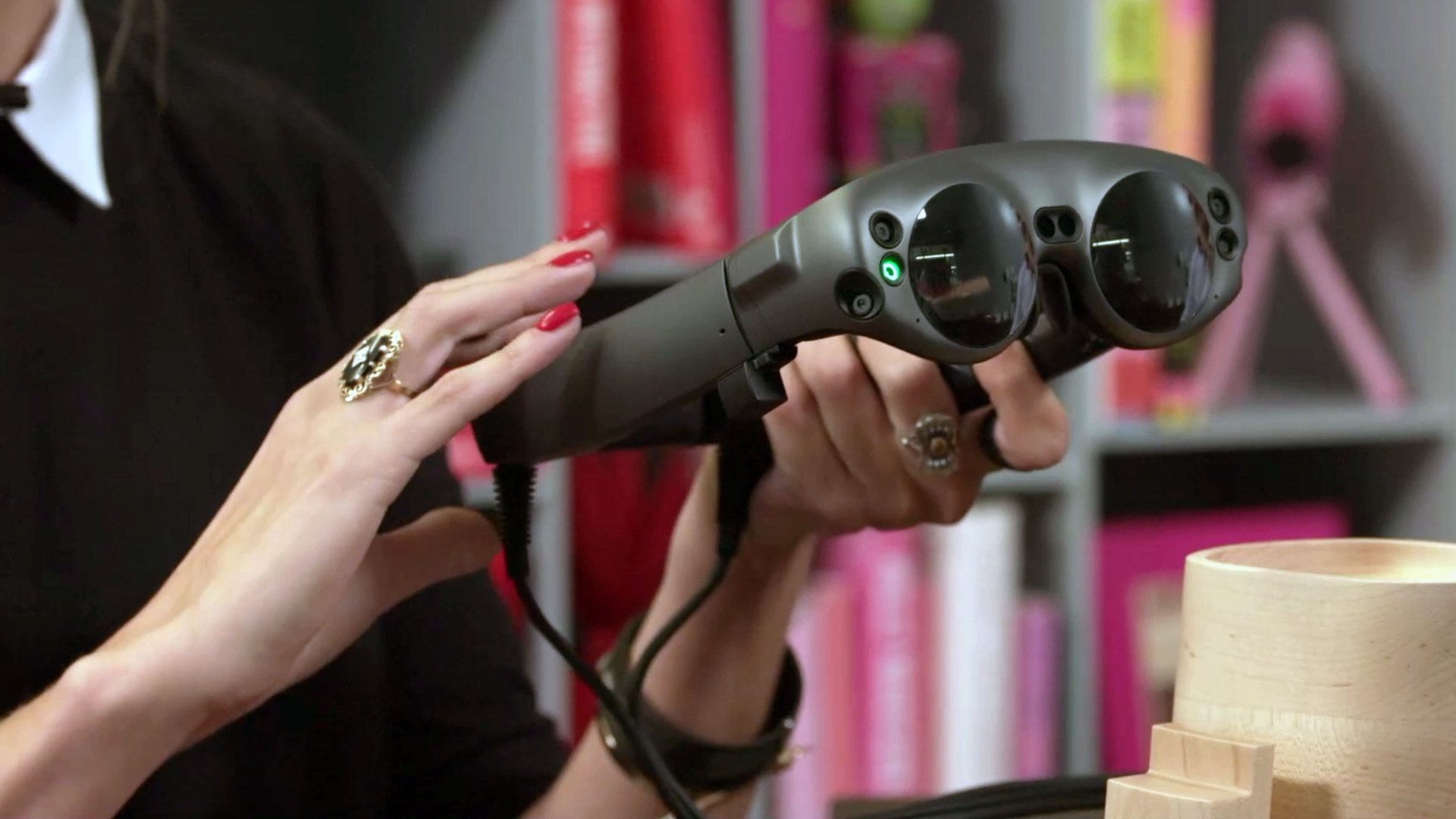


Chicago Mercantile: Certain market data is the property of Chicago Mercantile Exchange Inc. US market indices are shown in real time, except for the DJIA, which is delayed by two minutes. Your CNN account Log in to your CNN account With Google reportedly investing so heavily, it’s not hard to imagine Magic Leap being paired with Google Glass, the tech giant’s entry in the wearable tech field that could hit the market as early as this year. In July, the New York Times reported that one tool Magic Leap is using is called a “digital light field.” The technology is more complex than existing augmented-reality tools and would create, in effect, 3D light sculptures before the user’s eyes.īased on its website, Magic Leap appears to have trademarked the term “Cinematic Reality” for its technology. Visitors to Magic Leap’s website are greeted by a high-definition, point-of-view video that shows a tiny elephant appear to stand in the user’s hand before leaping into the air and floating. “What Rony and the Magic Leap team have created is nothing short of remarkable and will forever change the way we interact with images and information,” a member of the startup’s board of directors and co-founder of special-effects and props company Weta Workshop. Those who have gotten a peak behind the curtain, though, are impressed. On the website’s “Team” page, where most startups brag about the experience and talent of their employees, Magic Leap lists no names, just offbeat titles like “artificial intelligence gurus,” “software ninjas” and “computing hobbits.” That company sold for a cool $1.65 billion in December.īut, as staffing at Magic Leap goes, we don’t know much more. Not surprisingly, a company spokesman declined the opportunity to comment for this story.Ībovitz was the co-founder of MAKO Surgical, a company that made a robotic arm that can be used to perform orthopedic surgery. “Our technology exists to unlock the creative spark found in all of us.” “What is remarkable is how well the human body and mind respond when technology respects biology, so truly magical experiences become possible,” Abovitz said.

Now, Google and other major tech investors are preparing to pour $500 million into the Florida-based company, according to tech blog Recode. Magic Leap is making “what we believe will be the most natural and human-friendly wearable computing interface in the world,” said CEO Rony Abovitz in a written release from February, when the company secured $50 million in investments. And they’re claiming that the product they’re keeping tightly under wraps will trump anything that’s been offered by existing companies like Oculus, the virtual-reality company Facebook bought this year for $2 billion. What’s clear is that Magic Leap is working on augmented-reality technology. But they’re promising to change the world – or at least how we experience it. You’ve probably never heard of Magic Leap, a startup so secretive they’re not even telling the public who is on their team. It may have more than a half-billion dollars in the bank and the backing of tech titans like Google, as well as the investors with some of Silicon Valley’s deepest pockets.


 0 kommentar(er)
0 kommentar(er)
